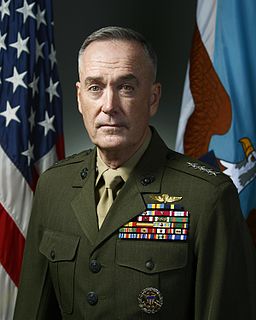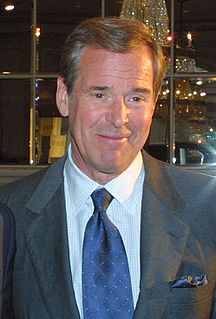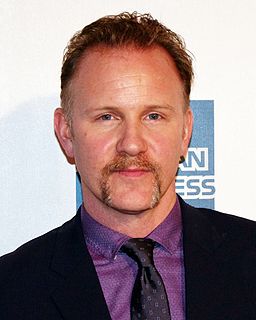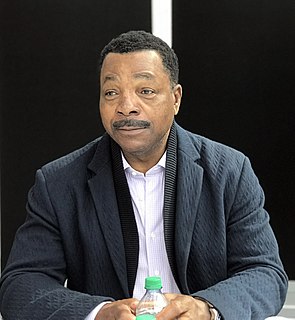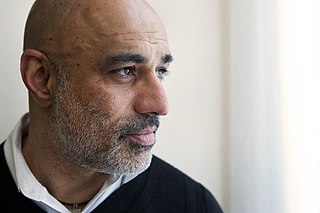A Quote by Douglas Adams
It can be very dangerous to see things from somebody else's point of view without the proper training.
Related Quotes
I enjoy telling these stories that I ultimately think get a disservice on a lot of network television. I enjoy getting people to change their perspective. I enjoy pushing myself into learning and understanding things from a very different point of view. It's scary to do that. It's scary to kind of put yourself in somebody else's position.
But every point of view is a point of blindness: it incapacitates us for every other point of view. From a certain point of view, the room in which I write has no door. I turn around. Now I see the door, but the room has no window. I look up. From this point of view, the room has no floor. I look down; it has no ceiling. By avoiding particular points of view we are able to have an intuition of the whole. The ideal for a Christian is to become holy, a word which derives from “whole.

